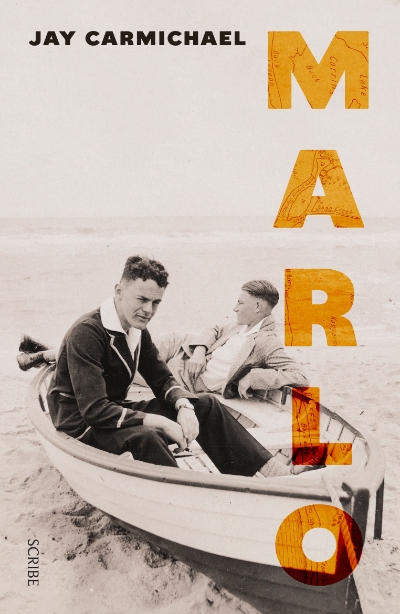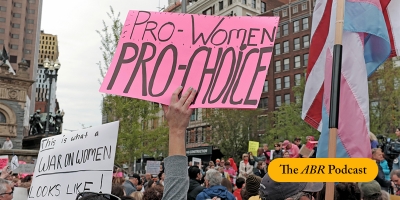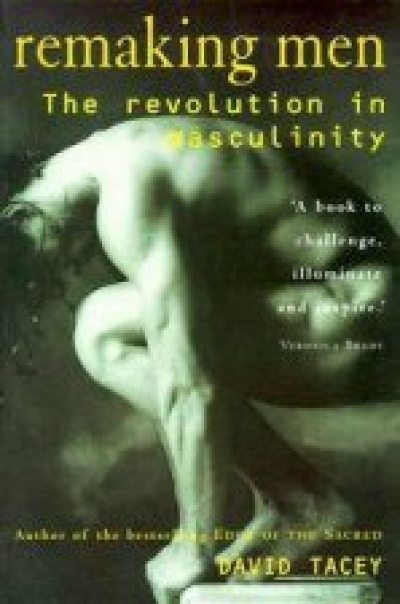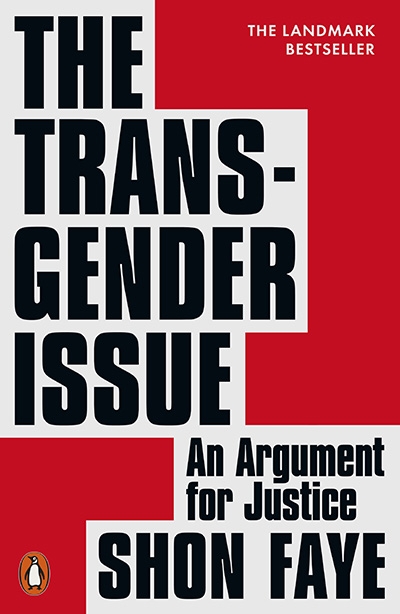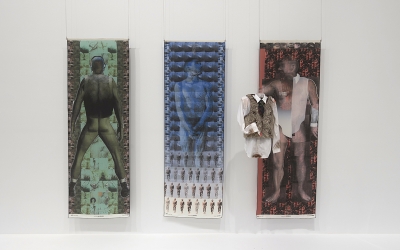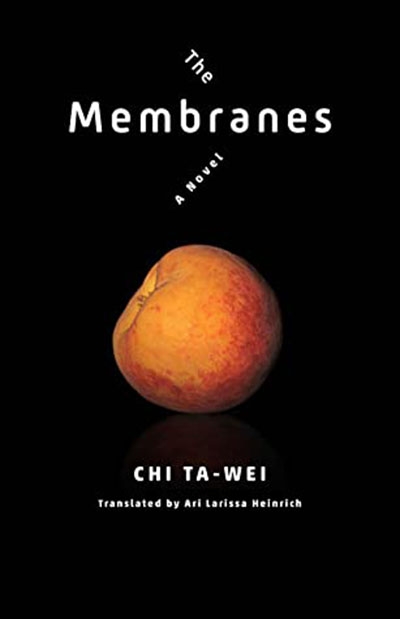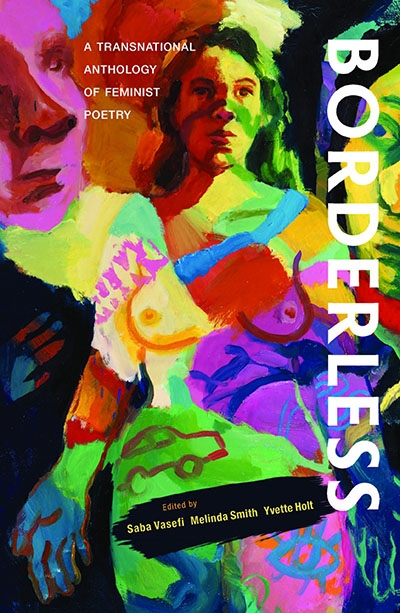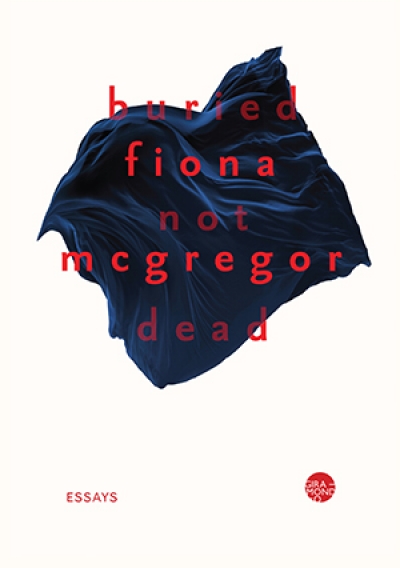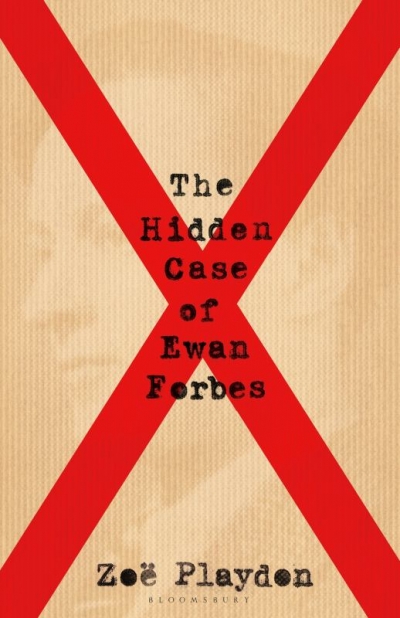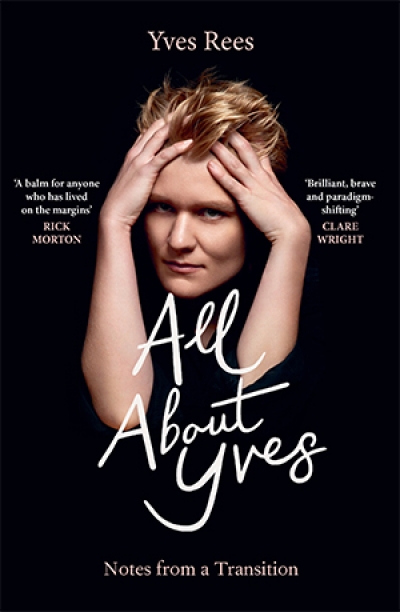Gender and Sexuality
Marlo by Jay Carmichael & My Heart Is a Little Wild Thing by Nigel Featherstone
At first glance, neither Marlo nor My Heart Is a Little Wild Thing seemed particularly appealing. Both focus on queer men pining for love in a homophobic world. Both appeared to recycle what Jay Carmichael (Marlo’s author) calls ‘the tradition of tragedy in queer literature’. Digging deeper, we find that the novels offer nuanced and even uplifting perspectives on gay male experience over the decades. There are moments of adversity, but it’s the resilience and emotional strength of the protagonists – their ability to find pleasure in even dire situations – that make both books so compelling.
... (read more)The leaked draft judgment in the case of Dobbs v. Jackson Women’s Health Organization, in which US Supreme Court Justice Samuel Alito proposed overturning the precedent set by Roe v. Wade, has returned abortion rights to the headlines. In this week’s episode of The ABR Podcast, Linda Atkins reads her essay, ‘Shouting Abortion’, which sets women’s right to terminations within the broader context of intergenerational poverty and the class lines of the medical profession ...
... (read more)Remaking Men: The revolution in masculinity by David Tacey
Whatever happened to the men’s movement? Was it only a few years ago that we all gathered in the Dandenongs to bang drums, fashion spears, and – I quote from a flier advertising one such event – hug all night in ‘greased cuddle piles’. Now the tribes of management consultants, computer programmers and, well, wimps have retreated from view (to the chagrin of stand-up comedians everywhere) and the copies of Iron John litter the twenty cent tables of the second-hand bookstores.
... (read more)The Transgender Issue: An argument for justice by Shon Faye
Shon Faye, trained as a lawyer before moving into advocacy work, brings her multi-disciplinary background into an unflinching look at where trans people in the United Kingdom are now, what lead them here, and where we go next. Consciously forgoing memoir, Faye takes a systematic approach to learning from history, clearly laying out the case for trans liberation.
In the opening pages, we learn of the suicide of Lucy Meadows, a young teacher and a trans woman. As Faye unpicks the immediate and circumstantial paths that lead to this event, we glimpse a tapestry of transphobia that, by the conclusion, is thoroughly unravelled. The introduction presents a litany of trans people (both alive and dead) bearing the brunt of endless scrutiny. The next seven chapters give voice to the conditions faced by trans people, and how we might glimpse liberation through the muck of a transphobic society.
... (read more)We all know that emancipatory drives in the late twentieth century dislodged the hegemonic politics of social normativity through the movements of second wave feminism, civil rights, and gay activism, but it’s worth remembering that some rights took longer than others. Homosexuality was only fully decriminalised in Australia in 1997 (Tasmania being the last state to do so); same-sex marriages were not legalised until 2017.
... (read more)The Membranes: A novel by Chi Ta-wei, translated by Ari Larissa Heinrich
It is 2100, and the states of the world have divvied up the ocean floor, constructing domed cities in which humanity, such as it is, survives. The earth’s irradiated, unliveable surface is the haunt of adventure tourists and archaeologists, the battleground of military androids watched on screens by the humans at the bottom of the sea.
... (read more)Borderless: A transnational anthology of feminist poetry edited by Saba Vasefi, Melinda Smith, and Yvette Holt
‘Borderless’ is ‘a transnational anthology of feminist poetry’, arranged alphabetically with no themed sections, that I read slowly, out of paginated order, and savoured. Is ‘Borderless’ a description or an ideal? I wondered, as I returned, between poems, to look at the cover image of a multi-coloured painted woman, a body located in no place I could discern. Does ‘Borderless’ refer to a poet’s ability to dissolve borders through imagination, or to a temporary state of flight or transgression? Perhaps, a borderless world is one akin to a poetry anthology with no hierarchy or divisions to order the poems and their meanings.
... (read more)‘Wasn’t sexual expression a principal motivation of gay and queer dancefloors … Isn’t that the freedom we were fighting for? To be kinky dirty fuckers, without shame; to not sanitise ourselves in the bid for equality?’ So exhorts DJ Lanny K in 2013, reflecting on his time spinning discs at down-and-out pubs in ungentrified Surry Hills in the mid-1990s as part of Sydney’s fomenting queer subculture. Lanny K, Sydney-based Canadian immigrant, is one of a handful of artists – performance artists, dancers, even a tattooist – interviewed by Fiona McGregor in her collection of essays Buried Not Dead. Mostly written between 2013 and 2020, each essay is based on a rolling interview with an artist and draws out their recollections of early practices and careers, several united by reference to a specific time and place – Sydney’s emergent gay scene in the mid-1990s.
... (read more)In winter 2019, Victoria’s Labor government tabled legislation that would make it easier for trans people to correct the sex marker on their birth certificate. Previously, trans people were required to have surgery on their reproductive organs before they could amend this foundational legal document. This requirement caused significant problems for the many trans people who don’t want or cannot afford surgery. Unable to correct their birth certificate, trans people often lived with a mismatch between their gender presentation and legal identity, a situation which forced them to disclose their transgender status and expose themselves to harassment and discrimination – or worse.
... (read more)Yves Rees’s memoir All About Yves charts their experience of coming out as trans. The book documents the challenges of the transition in a colonial society built for and around the gender binary. Rees invites the reader into their everyday life. The point is to make their ‘gender legible in a world that refuses to see it’, and the author sets out from this premise.
... (read more)
